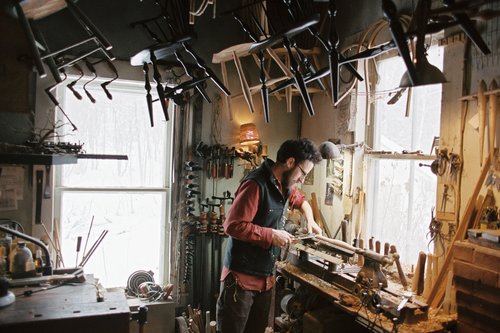
4 min read
Inside the Workshop: Sawyer Made
WLLW speaks with Vermont's Sawyer Made on blending traditional woodworking with craftsmanship in Windsor chairmaking.

4 min read
WLLW highlights the story of Munder-Skiles, a manufacturer of outdoor furniture whose pieces are designed and built to last for generations.
“I’m not impressed by big houses; I’m impressed by gorgeous gardens. It’s just who I am,” says John Danzer, garden furniture connoisseur and proprietor of outdoor furniture company Munder-Skiles. Danzer’s esoteric love affair began 35 years ago while he was working in finance in London. He soon fell out of love with his day job and turned towards his passion – the history of garden furniture and European garden design. This soon turned into a burgeoning business.
“I was living on Pimlico Road in London, home to many antique dealers, collectors and designers, and I bought a chair from Christopher Howe, who’s a great friend. I lived with that chair, then I slanted the seat downward and altered the back slightly for more comfort,” he explains of how he started. “I took it to a factory and made it into a garden dining chair. Then, of course, someone said, ‘could you make it armless?’ Then another person said, ‘could you make it into a lounge chair? Could you make it into a sofa? What table would go with it?’ It was all very much organically driven.”
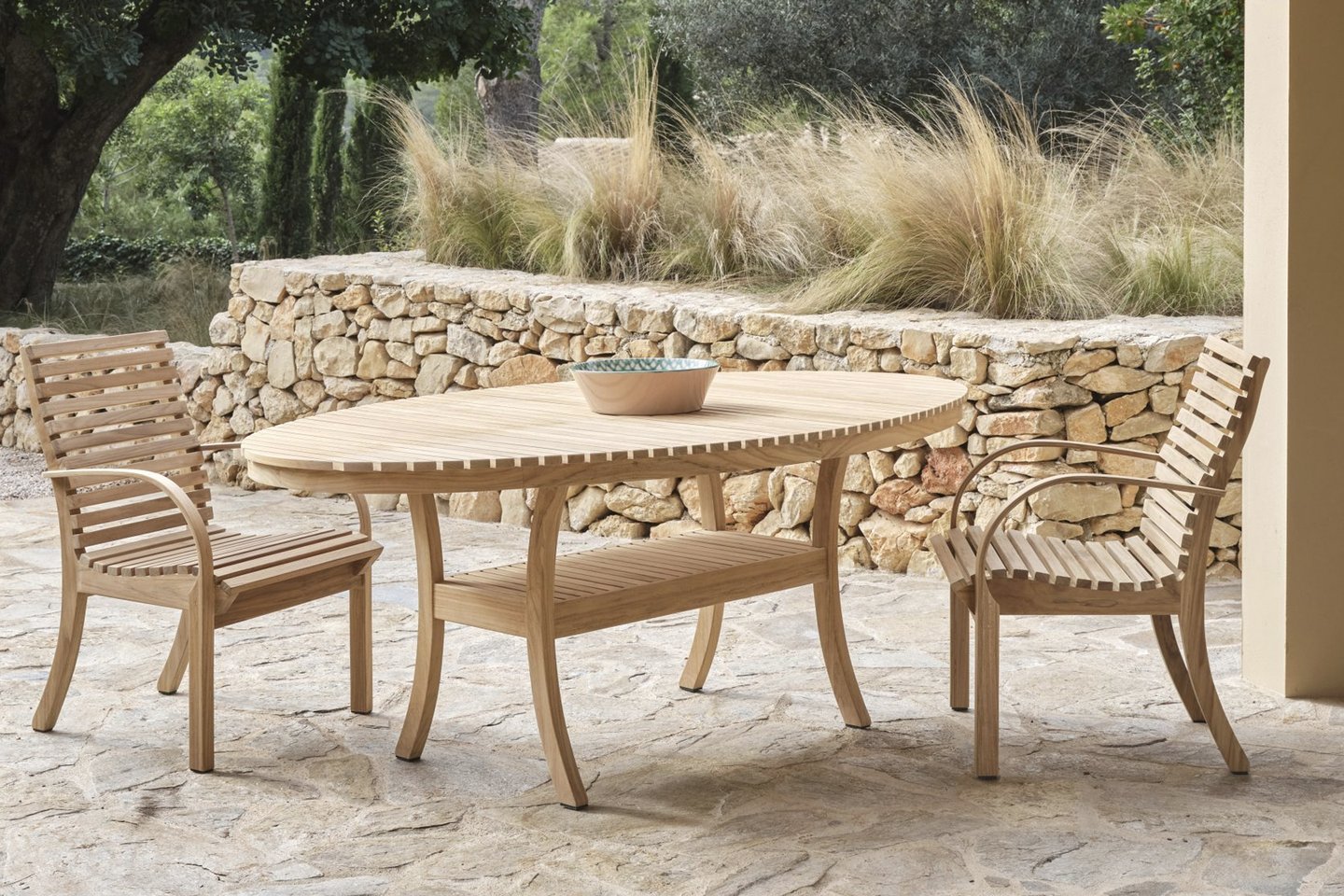

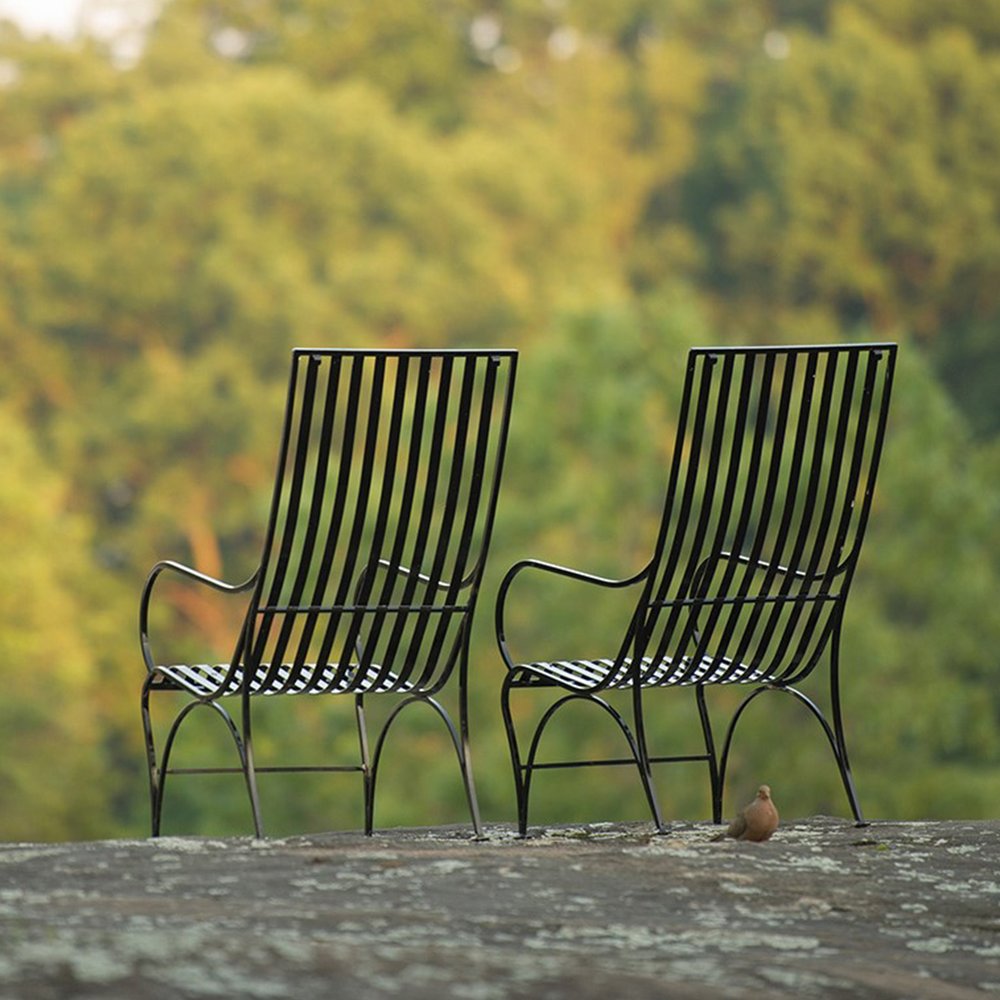
Munder-Skiles is now based in the US, with an outdoor showroom in Garrison, New York, and manufacturing facilities in Costa Rica. Its pieces are made from FSC-certified plantation grown teak and mahogany, stainless steel, aluminum, rattan and bronzed brass. Danzer regularly visits the factory to oversee production and discuss design challenges. “Our craftspeople are experts who have learned their trade through apprenticeships,” he says, noting the company invests in modern machinery and is committed to ensuring good working conditions and fair pay for its staff. “It means we retain an experienced workforce, so we can always deliver quality pieces,” he smiles.
“Our craftspeople are experts who have learned their trade through apprenticeships.”
John Danzer
The business makes most things to order across its one site. “Our factory is just a few miles from teak plantations and mills, so it’s a short route from tree to chair. There is also a zero-waste policy. Offcuts from the production process are used to make chopping boards, utensils, bowls or plates – very little timber goes to waste and every tree cut down is replaced,” he adds. Steel and aluminum are sourced from South America, while rattan comes from Southeast Asia. “We package our furniture using recycled cardboard and when crates are needed they are made from FSC wood”.
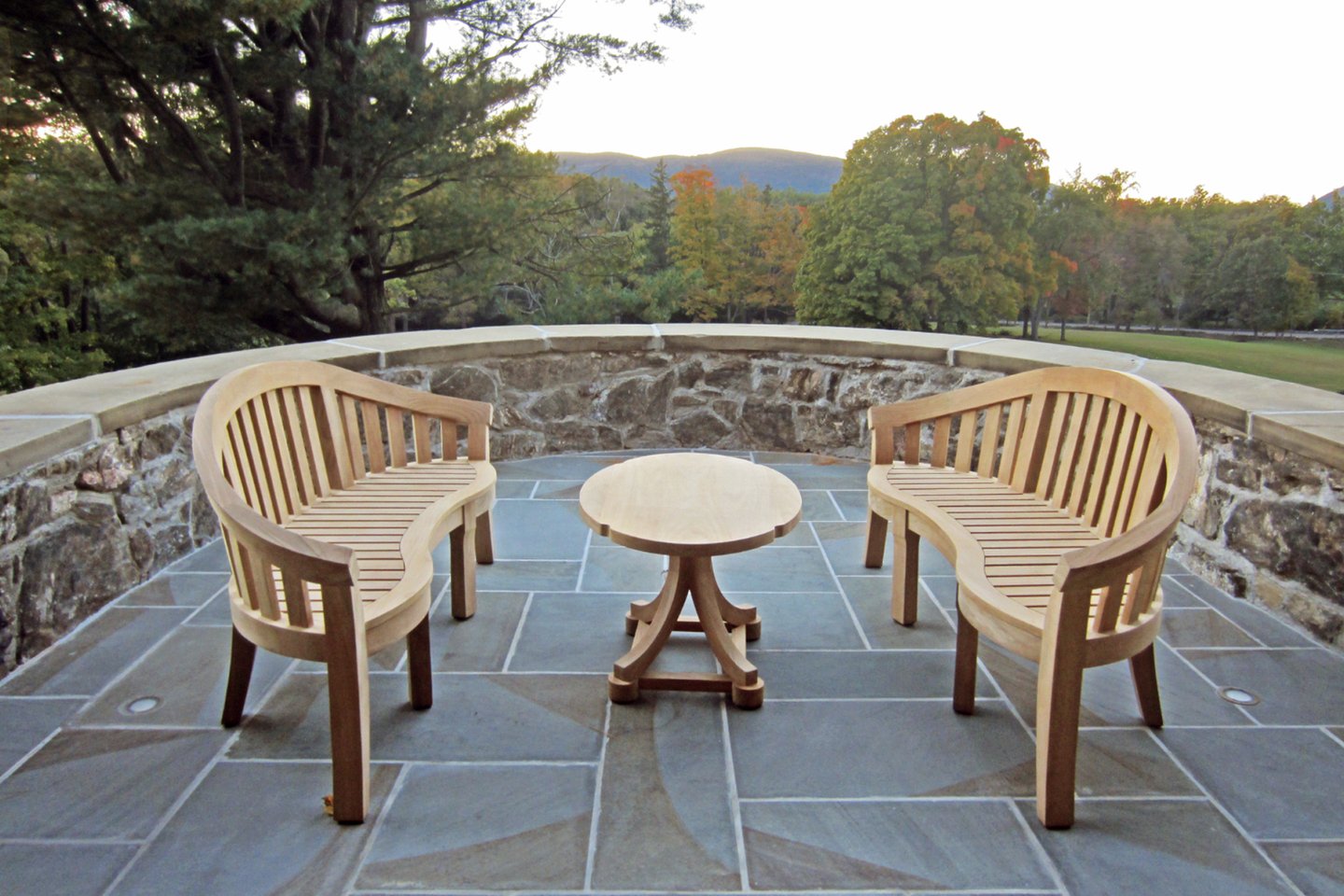
Today, the company bridges the gap between interior and exterior design. Its offering has grown to 17 lines, comprising everything from dining chairs to tables and chaise longues, with many pieces reproduced on license from museums or created in homage to Danzer’s discoveries - such as the Wharton line of benches, tea tables and chairs, each a tribute to Edith Wharton’s French retreat and the craftsmanship of French homeware brand Allez Fréres. Or there’s the Kelso Folding Table, based on an 18th-century design for a piece that could be folded and transported on coaches.
Having procured a rare garden seat from the 1770s, known as the Almodington Bench, Danzer donated the restored piece to the Museum of Early Southern Decorative Arts and Munder-Skiles now offers a replica for sale. Historical pieces are carefully studied, deconstructed and tweaked to fit modern requirements.
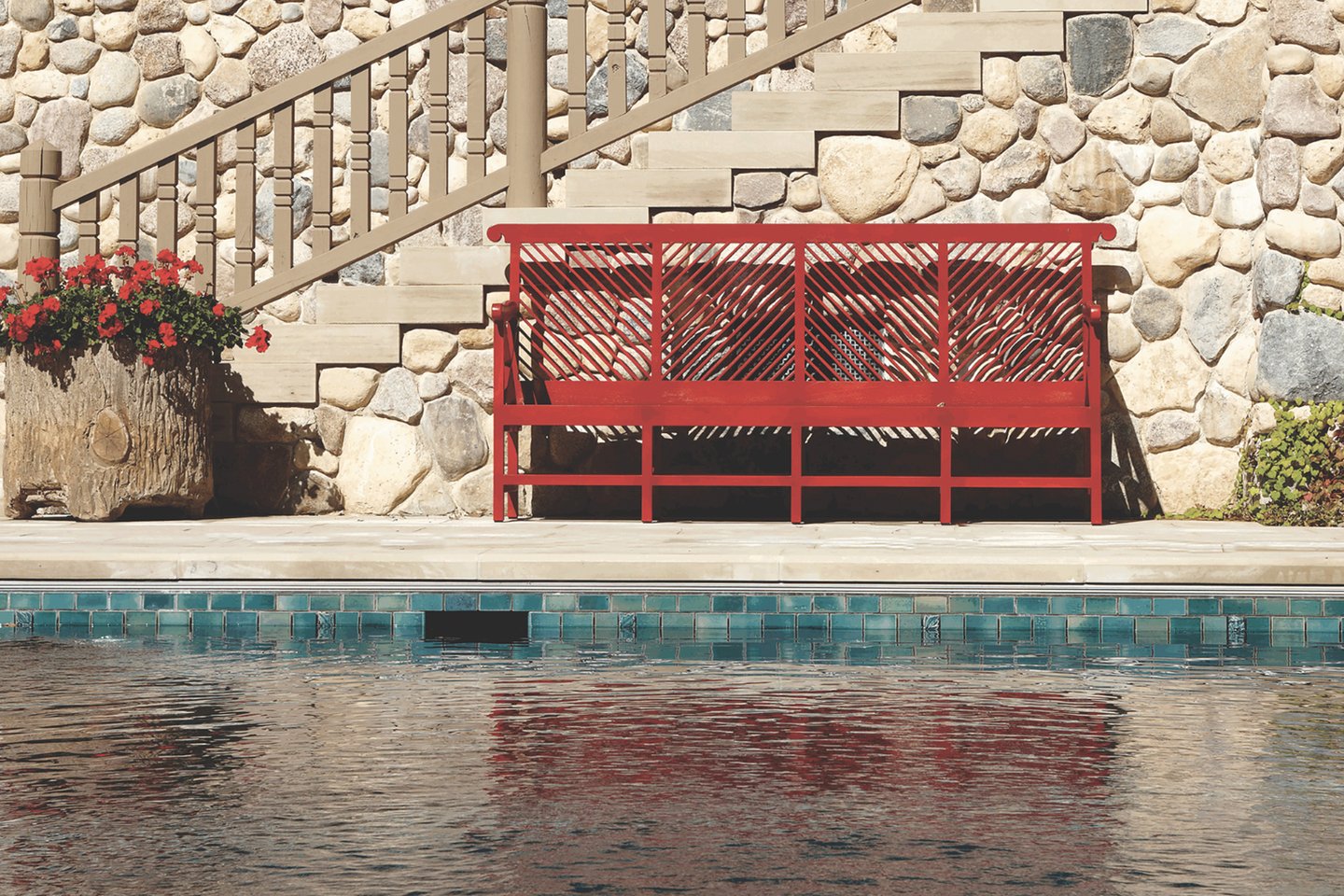
Having studied joinery in Japan and later working in a timber factory in Denmark to learn about his favored material, Danzer’s workshop has a preference towards traditional woodworking techniques. It also works at finessing the frames of its chairs for comfort in order to reduce the need for cushions. By quilting and tufting the cushions they do produce, they are able to keep the use of foam core and fillers to a minimum and use materials that are resistant to mold, mildew and rot. As an alternative to foam, the company is busy exploring natural options such as horsehair fabric. Other details include cast bronze fittings, rush seat mats and wooden seats and carved armrests incorporated into metal frames to keep the pieces cool in the sun.
Munder-Skiles now offers a design consultancy service on larger projects, sourcing pieces directly for clients. “When I started 35 years ago, I could not name 35 businesses worldwide making outdoor furniture,” Danzer says. Now, many furniture companies release their own lines and he is happy to keep abreast of what’s new in the market, although notes the focus is always on quality, adaptability and longevity.
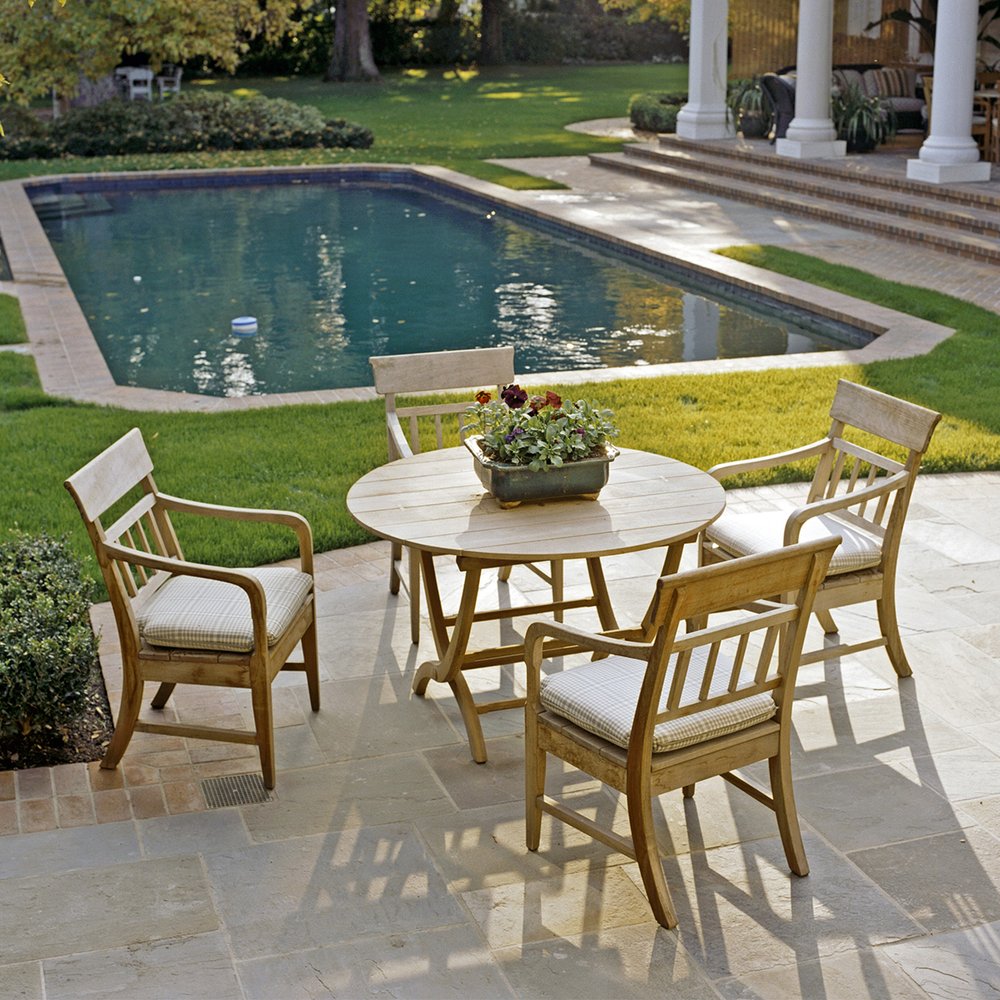
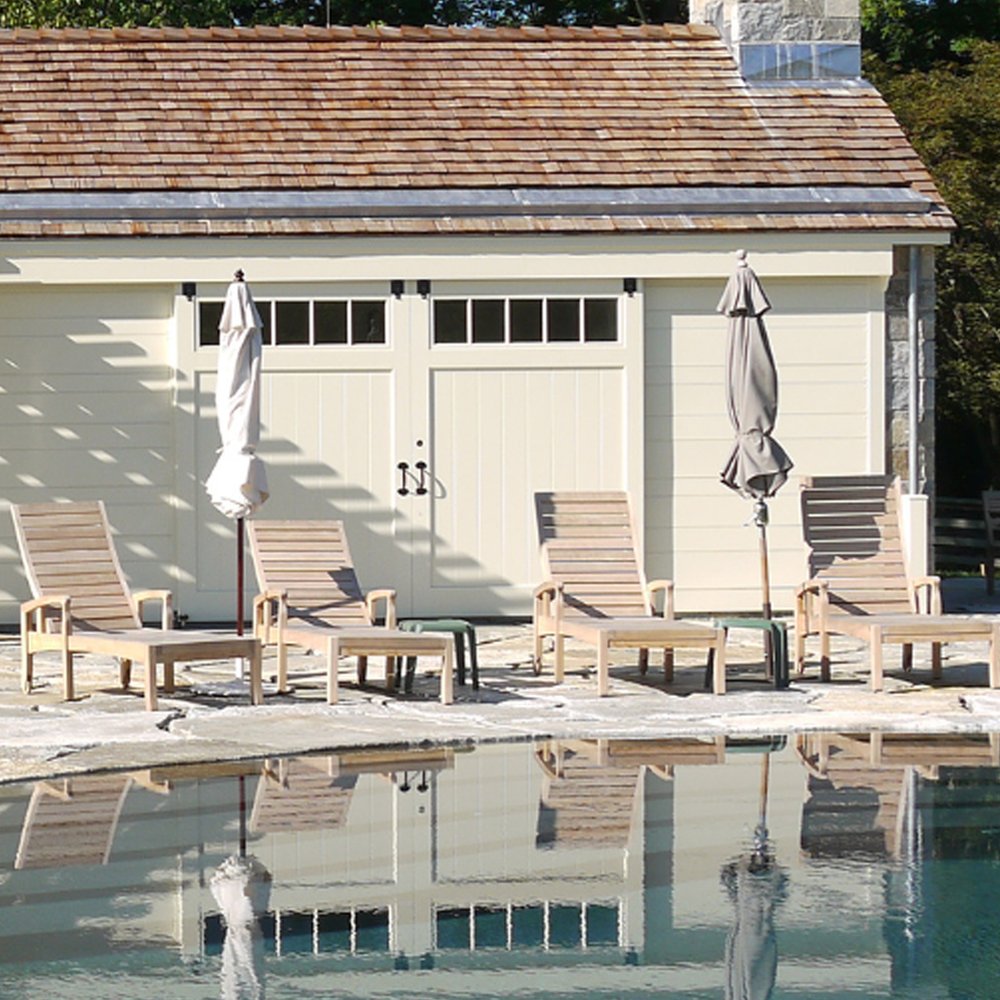
“Our pieces are designed to become future heirlooms and to last for generations – a Munder-Skiles piece is an investment”, Danzer says, citing his father who liked to quip that he was ‘too poor to buy cheap’. He explains, “our Pop Up table is really useful; a simple lever allows you to lift the piece to table height for dining or lower for drinks. Our Hemings Chair is very versatile and can seamlessly move from kitchen to terrace if space-saving is called for. Both are good examples of furniture that will be endlessly useful as life expands and contracts over the years.”
Danzer likes for clients to visit his outdoor showroom, where they can see for themselves how different materials age over time – and how best to take care of their furniture. “I’ve always been a gardener and I’ve always loved design,” he adds. “I think I just put the two together.”
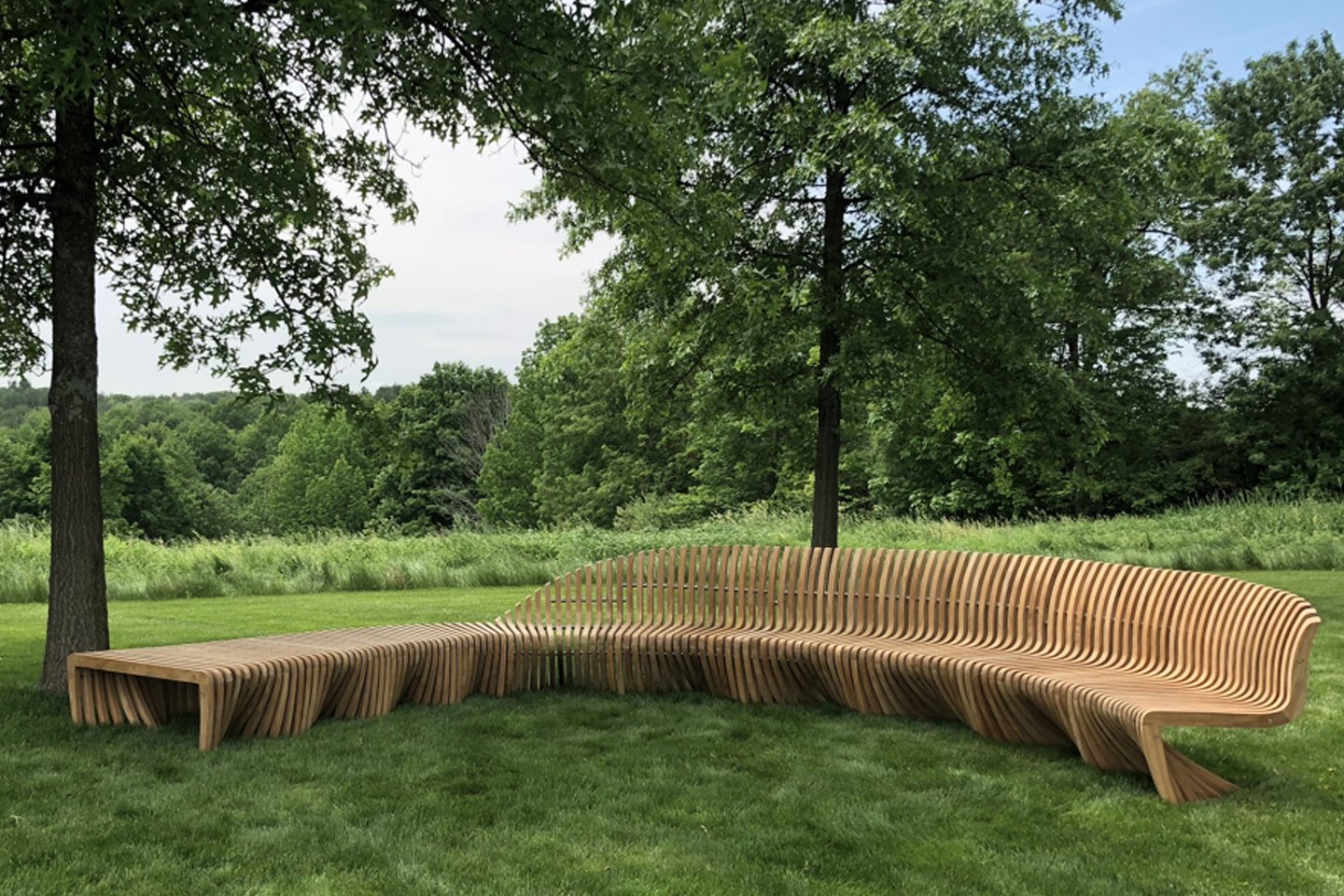
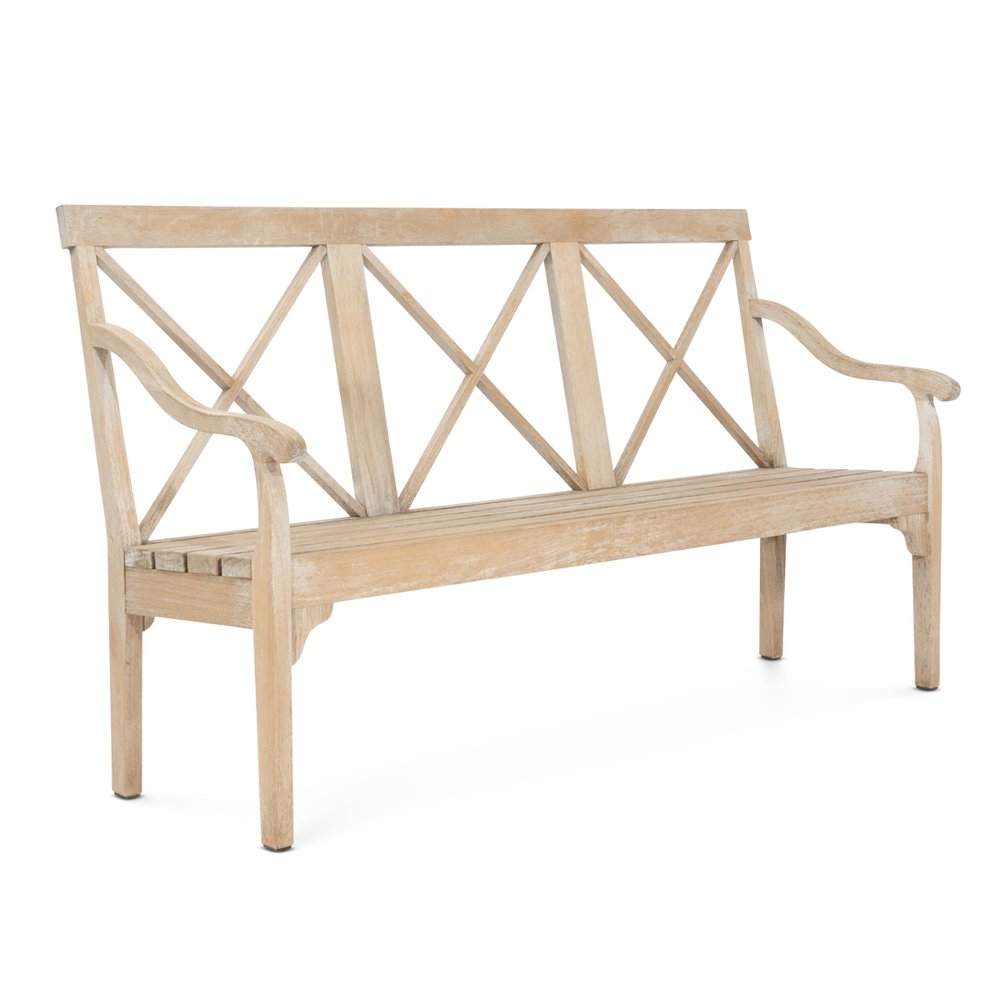
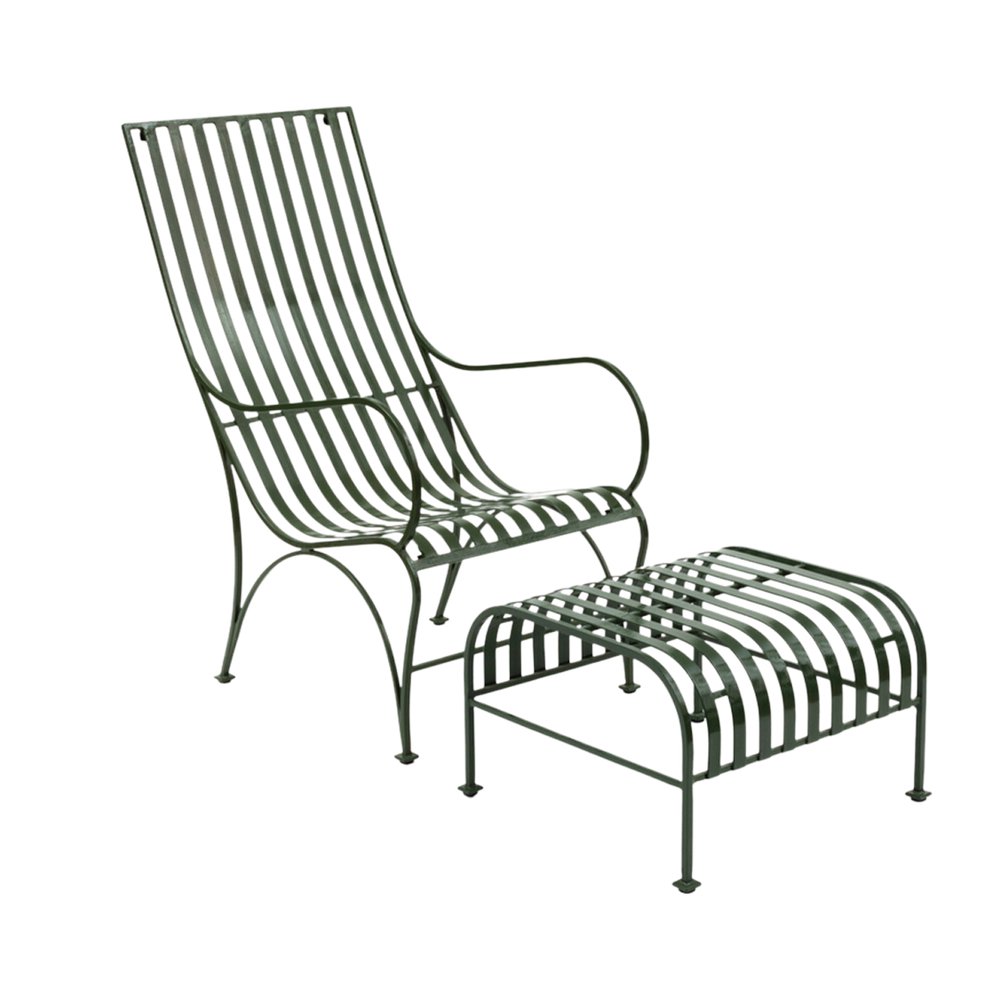
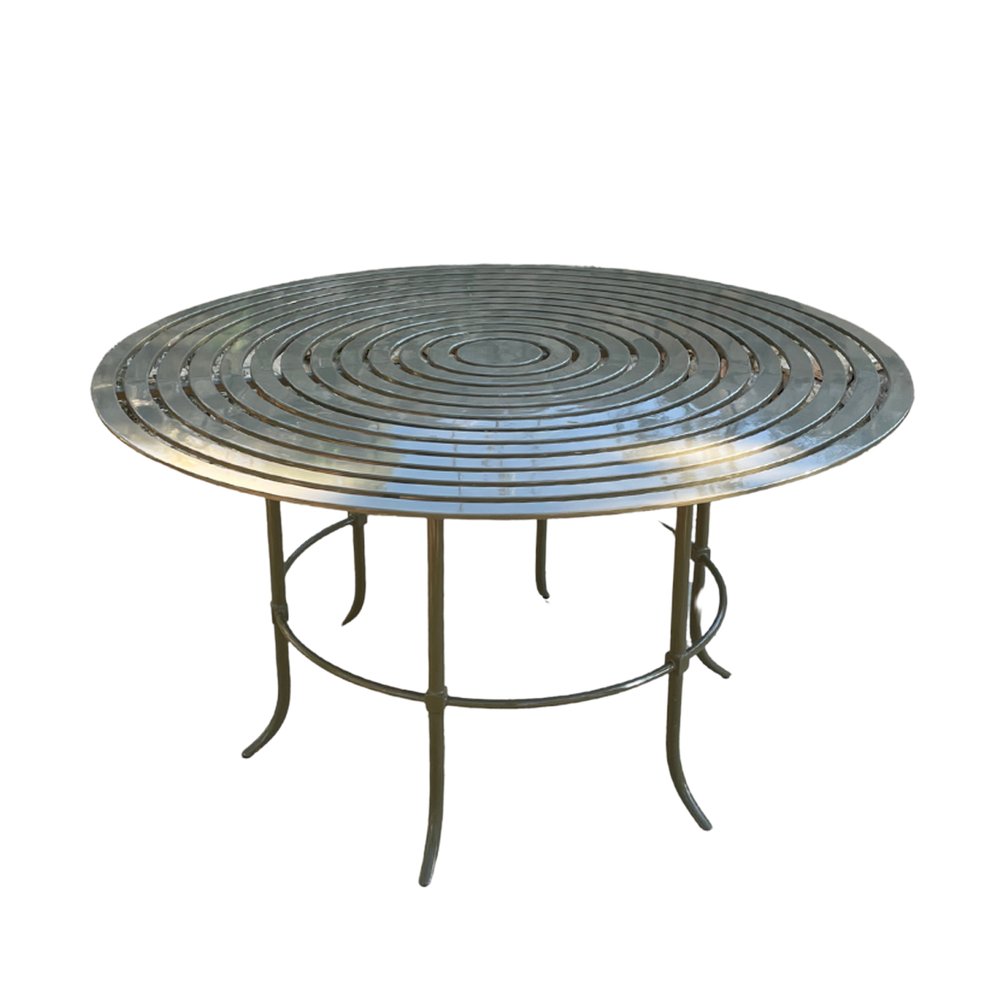
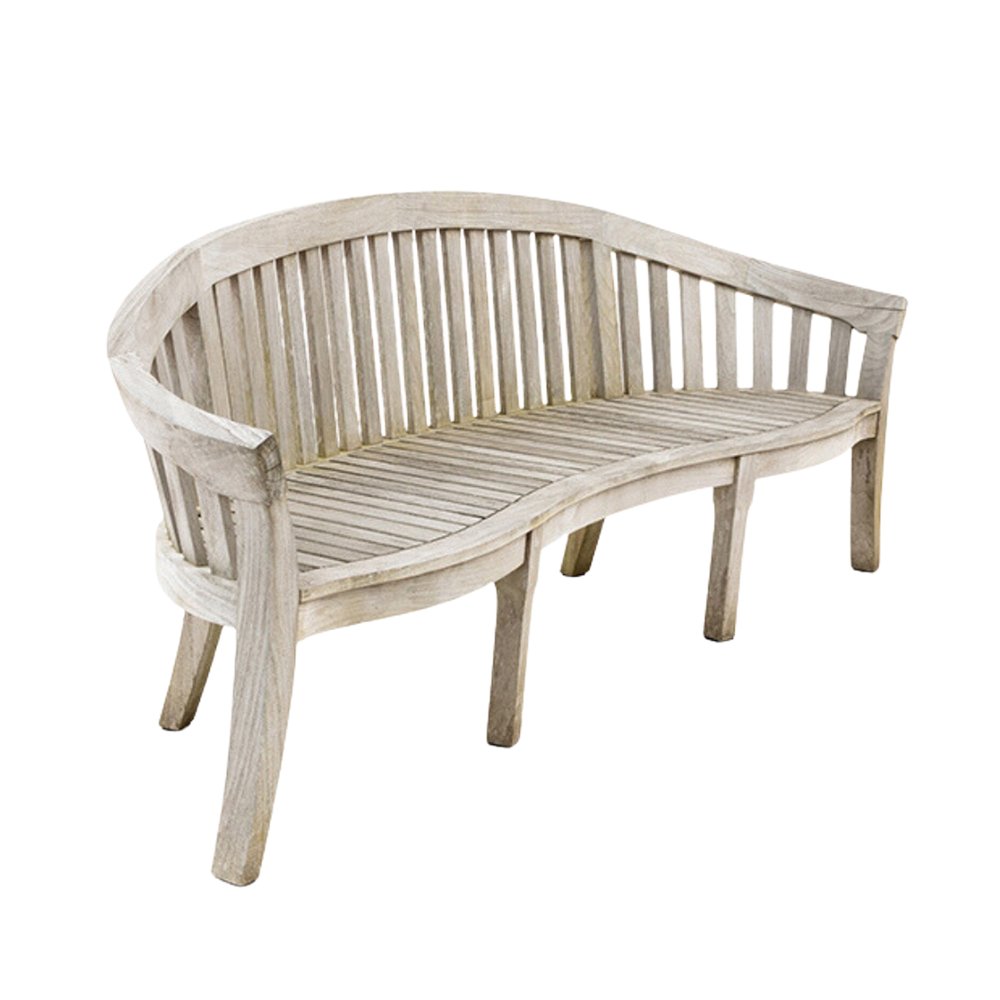
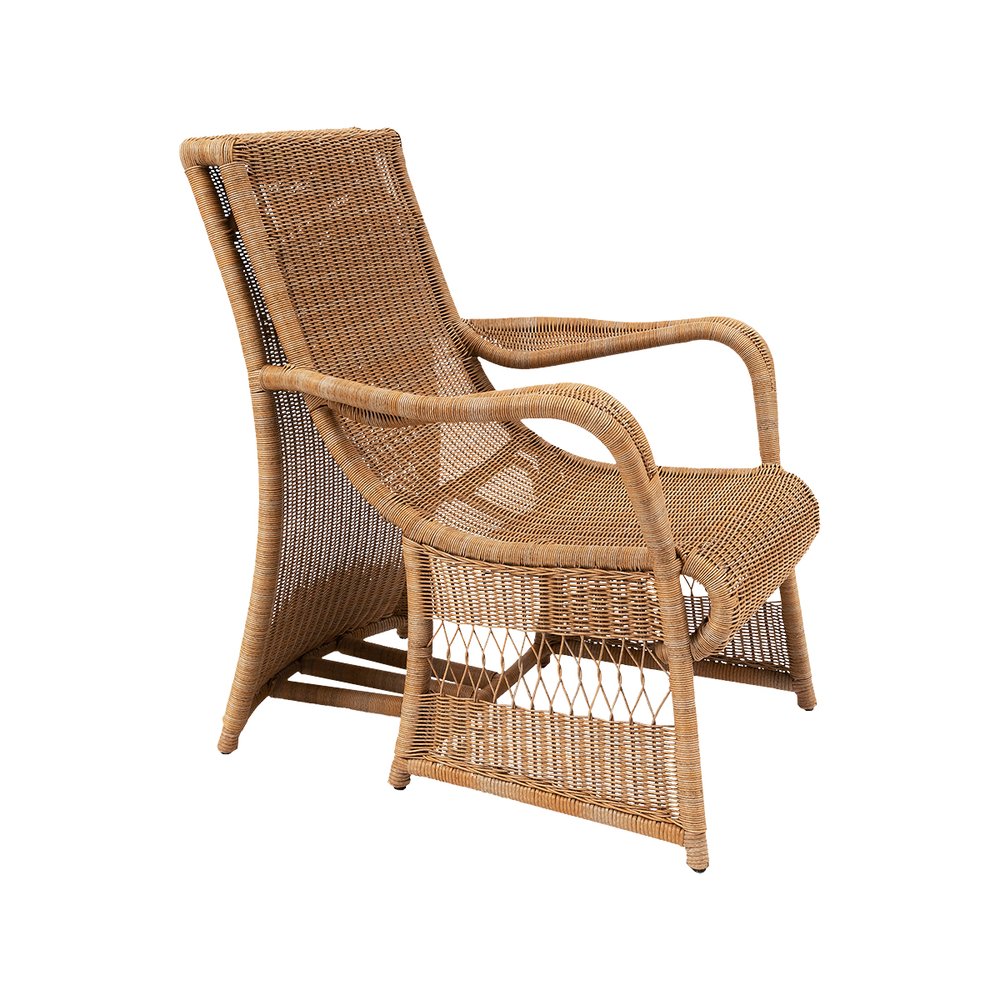
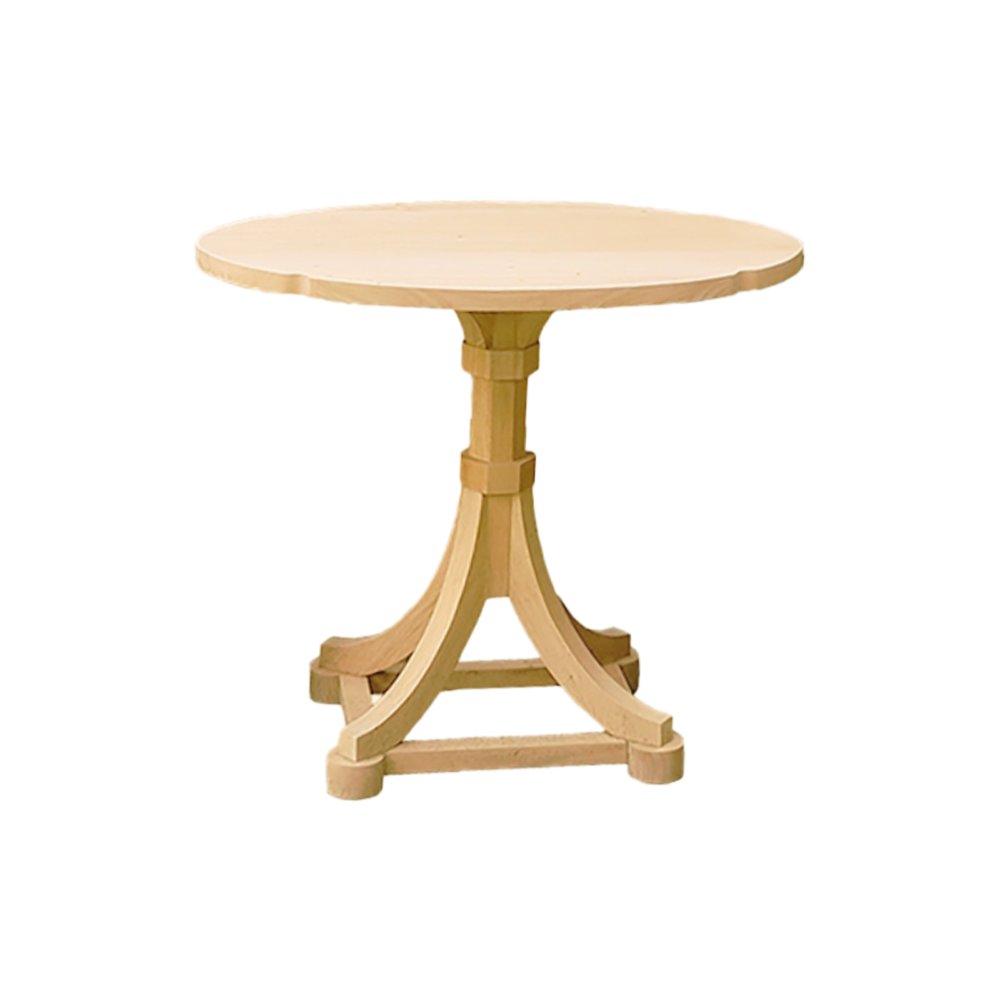
Photography: Munder-Skiles

4 min read
WLLW speaks with Vermont's Sawyer Made on blending traditional woodworking with craftsmanship in Windsor chairmaking.
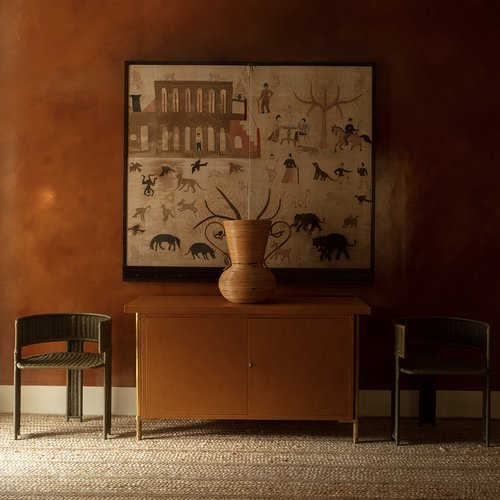
4 min read
WLLW met with Soane Britain's co-founder Lulu Lytle to discuss the revival of traditional rattan weaving and the significance of heirloom furniture.